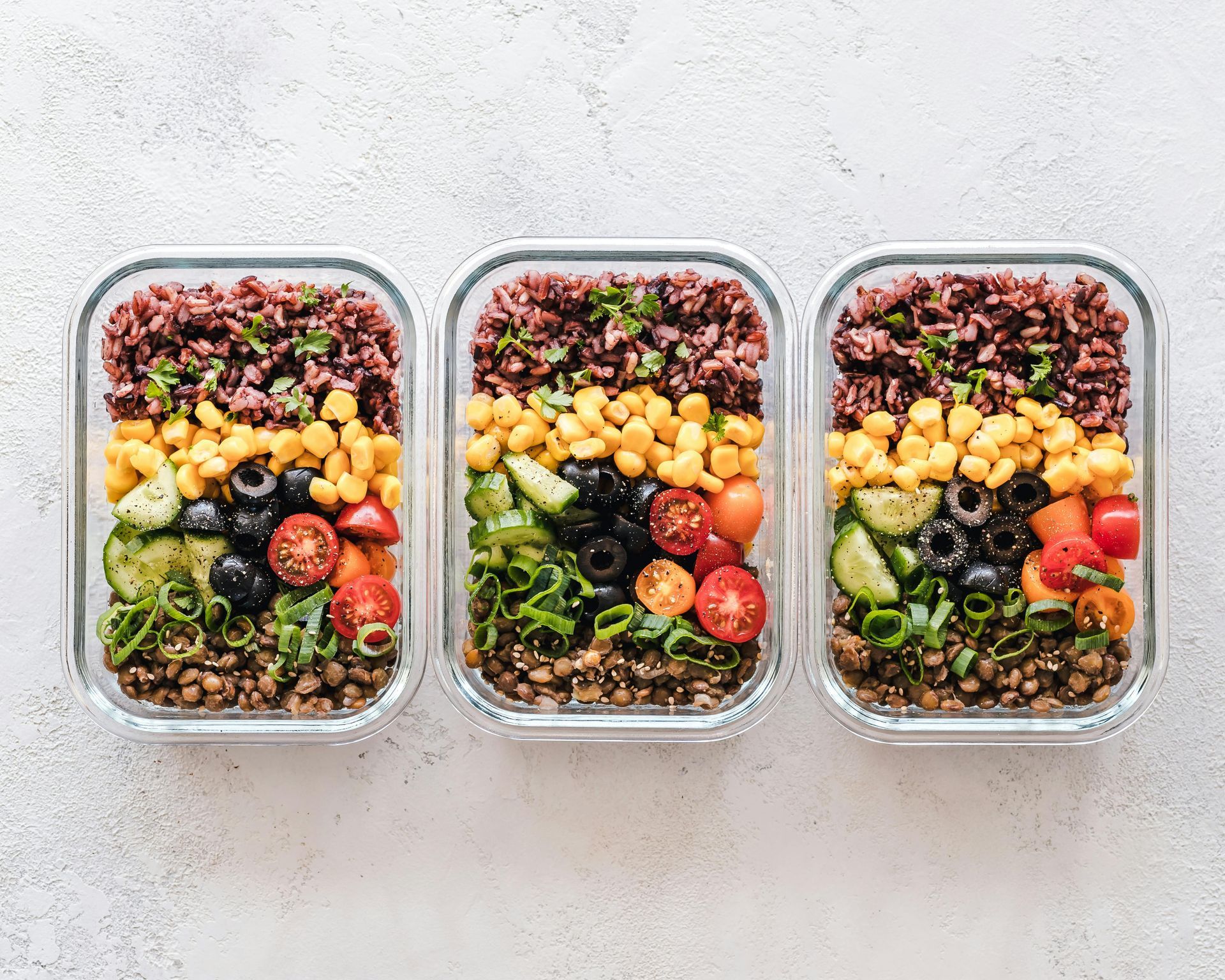
Our services
Consulting in food sustainability and waste reduction
At SAIA, we adapt your business processes to make them more sustainable and efficient, thereby saving money, reducing environmental impact, improving your company's corporate image, and, of course, complying with regulations. At SAIA, we have a specialized division in this area, with a 360-degree approach aligned with the achievement of the Sustainable Development Goals.
360º Focus
A process-centered vision
SAIA's philosophy regarding food sustainability is that any food company, whether dedicated to traditional catering or haute cuisine, whether a raw material factory or a catering company, can operate sustainably. It simply requires answering the questions: what processes can we improve internally, and which of these improvements are implemented with sustainability criteria.

Food waste prevention plan
Real case: Lluerna Group
- We are a team with over 20 years of experience in our respective consulting and 360º consulting segments.
- We offer verifiable results applied to practice in the same restaurant group GrupLluerna (Restaurant Lluerna, Bar Verat).
- We start with small, firm, and grounded changes, rather than dramatic ones: we believe in sustainable business growth.
- We listen and are proactive and agile in responding to new challenges arising from business needs, new consumer habits, and the sustainability of the planet.
What processes can be improved with our food sustainability consulting?
All companies have processes, so all can leave the smallest possible environmental footprint. Depending on the phases of their activity, some can be explored in depth, such as: Do we select the right types of raw materials? Do we use too much water or energy? Do we purchase the right amount of raw materials or ingredients? Is production close to the end consumer? Do we use the right cooking techniques? Do we use too many packaged products? Our 360º consulting service, in collaboration with Zostera Consultoría, will work with the client to answer these questions by implementing improvements such as:
Motion sensors in spaces to activate light or water.
Invest in local products and producers to save energy and preserve native species.
Recycle water to avoid buying industrial bottles and use less water and fewer detergents.
Carry out selective waste collection and reuse raw materials by establishing synergies with other stakeholders.
Creating sustainable menus
Efficiency and personnel management
Processes to avoid waste (stock and sales forecasting, production sheets, leftover kitchen, etc.)
Economic sustainability of the business
How do we work on sustainability and reducing food waste?
Starting in 2022, restaurants and other businesses that serve food will be required to comply with the food loss and waste prevention law approved by the Catalan Parliament, and the Spanish government also plans to impose fines on businesses that discard food. At SAIA, we prepare these businesses.
In the medium term
With three-year strategic plans that will define where we want to go and what our goal is, including the changes and evolution necessary to achieve this goal and the challenges we must overcome to achieve it.
In the short term
With concrete corrective actions at 6 months and 1 year, which will ensure the achievement of qualitative and quantitative objectives at the company, team, and individual levels.
With the person at the center
In this way, the company's growth is sustainable at all times, understanding the business as a living ecosystem that follows a natural and unforced process (economically, relationally, and personally).



